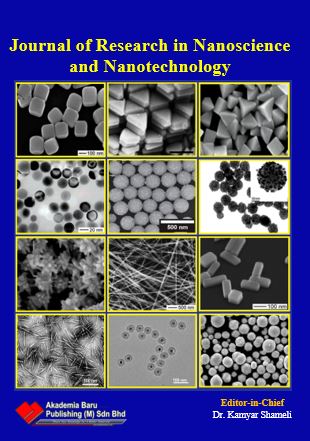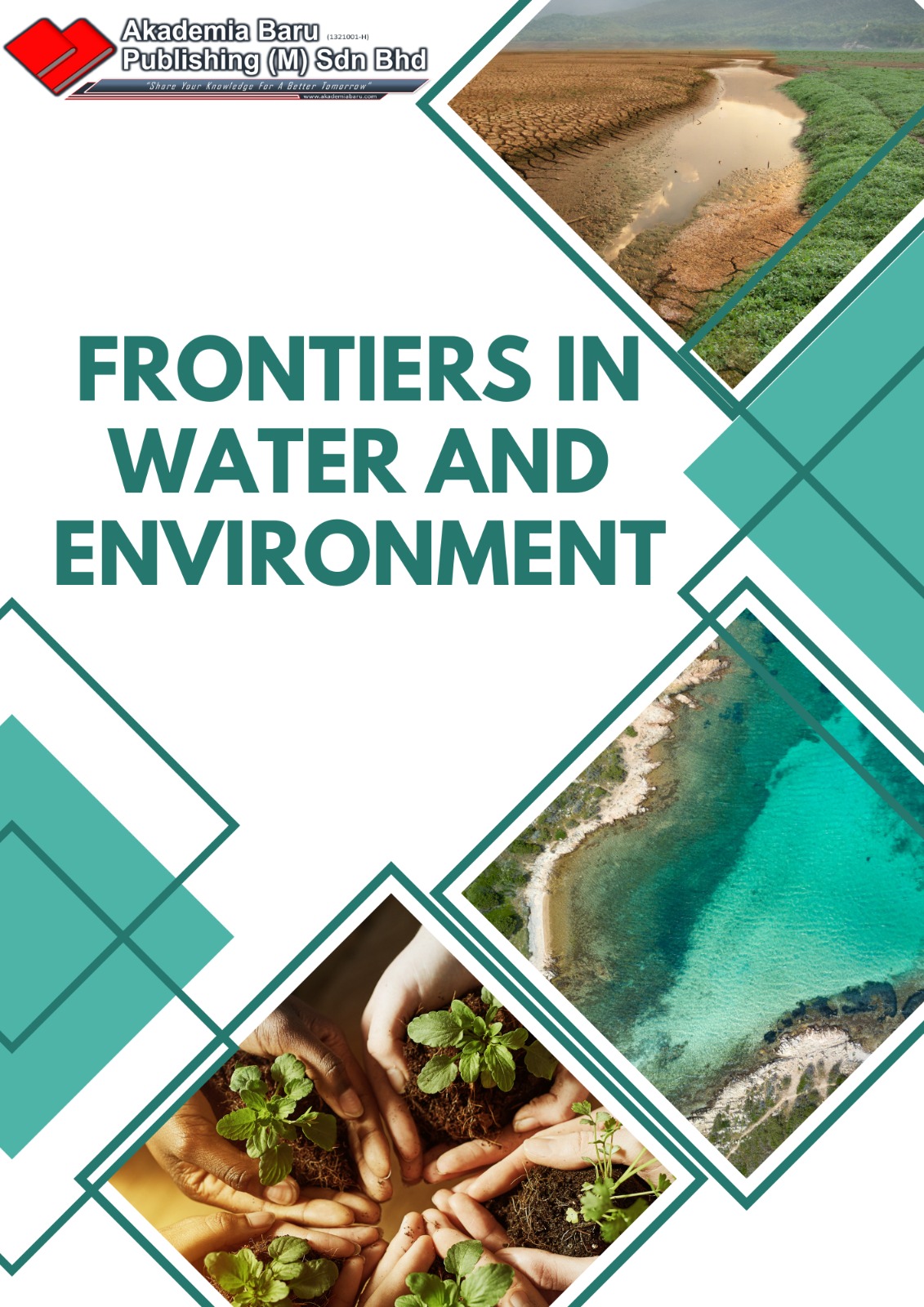Biofuel Addition to Kerosene-A Way to Reduce the Level of Contamination
Keywords:
kerosene, biofuel, edible food wastes, stonemasonry furnaces, leadAbstract
This study suggests a solution to a substantial dilemma in Iraqi society. The pollutants resulted from Kerosene combustion in the stonemasonry ovens, which emits variable types of pollutants to the air and products. Biofuels produced from edible food wastes have been added to kerosene at different percentages to reduce toxicity levels, most notably the lead portion in kerosene. The results of the study show that the kerosene biofuel blends are clean and free of lead and sulfur compounds, in addition to the availability of production potential. The use of food wastes in the production of biofuels is an economical solution to waste accumulation. The study was conducted on a stone kiln in Baghdad. Lead ratios were measured in kerosene samples and different proportions of kerosene-biofuels blends. The samples produced in the oven and two cases of the initial and final baking process were also analyzed. The results revealed that the process of mixing biofuels with kerosene reduces the proportion of lead, which is directly proportional to the proportion of biofuels, accompanied by an increase in the relative baking time (ineffective) due to the different calorific value of biofuels.





